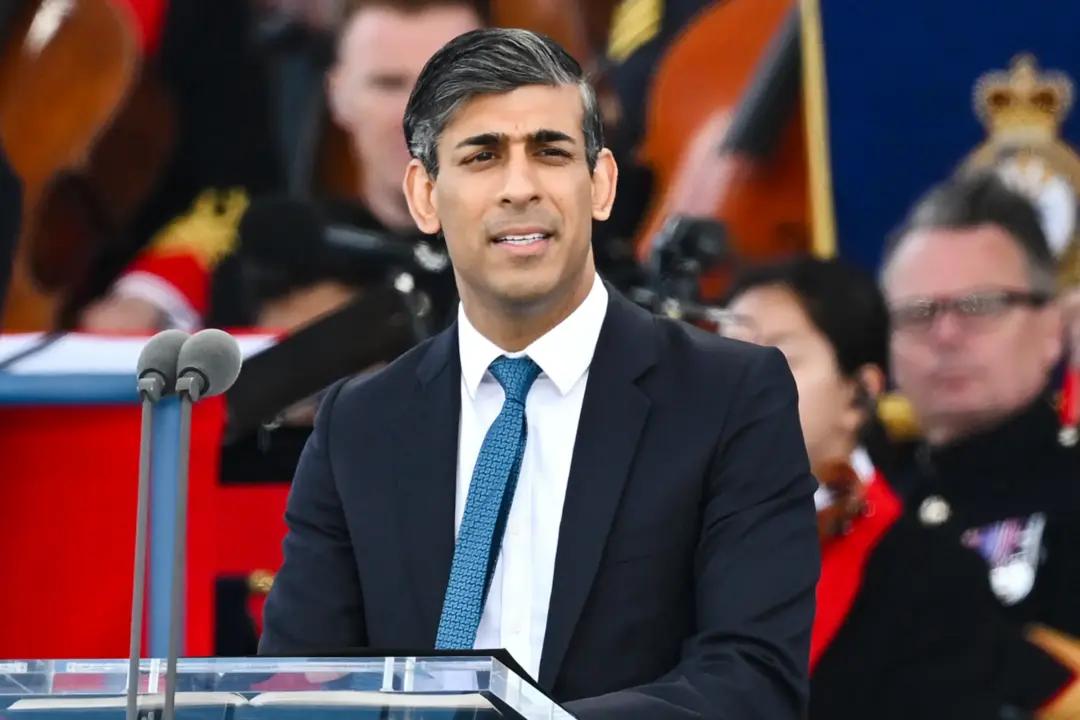The Conservative Party has pledged to reform the welfare system, claiming its plans can save £12 billion a year by 2029.
The plans include investment in mental health treatment, a targeted disability benefit system, and a clampdown on welfare fraud.

The Conservative Party has pledged to reform the welfare system, claiming its plans can save £12 billion a year by 2029.
The plans include investment in mental health treatment, a targeted disability benefit system, and a clampdown on welfare fraud.